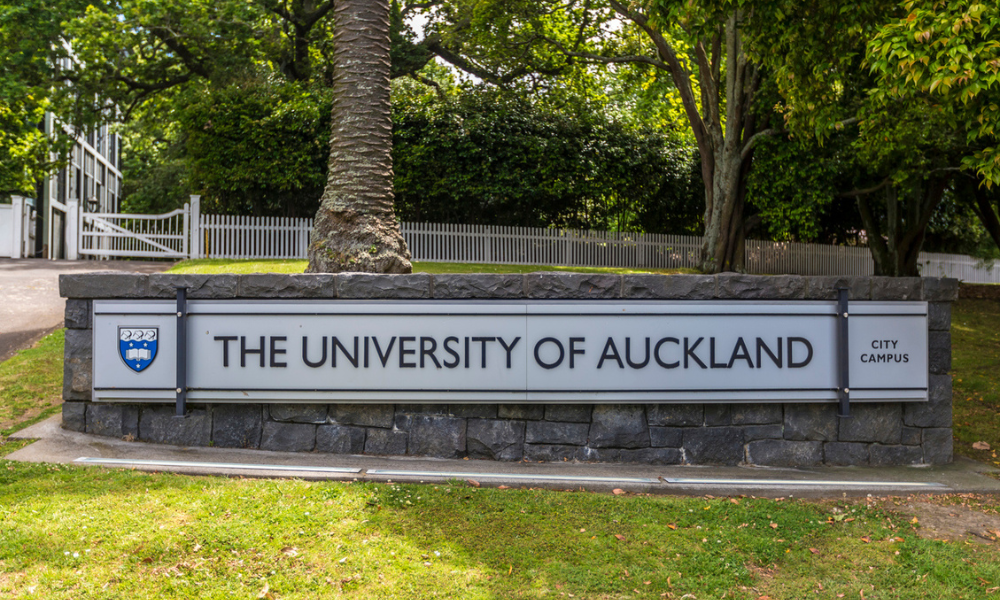
Response labelled 'insufficient, too slow,' and failing to protect academic's health and safety

The Employment Court of New Zealand recently dealt with a case involving a university academic who faced online harassment and threats due to her public commentary on COVID-19.
The case raised important questions about employers' health and safety obligations, academic freedom, and good faith in employment relationships.
At its core, this case highlighted the challenges faced by academics engaging in public discourse during the pandemic. It underscored the delicate balance between an employer's duty of care and an employee's right to academic freedom, especially in high-profile situations where personal safety becomes a concern.
The worker, an associate professor at University of Auckland, had been employed since 2009 and was covered by the university's Academic Staff Collective Agreement.
As the COVID-19 pandemic unfolded in New Zealand, she became one of the most prominent academic commentators, providing expert insights on mainstream media platforms, social media, and through community engagements.
The academic's contributions were significant and widely recognised. She received several awards for her work, including being named as one of the BBC's 100 most inspiring and influential women and receiving a "New Zealander of the Year" award. The university itself promoted her work, referencing it in its annual report and on social media.
However, alongside the accolades came intense criticism and abuse from a small but vocal minority who opposed the prevailing scientific views on pandemic management. The academic faced severe harassment, including threats of violence and the public exposure of her personal information.
The academic first raised concerns about external communications with the university in March 2020. As the pandemic progressed, the intensity of criticism and abuse increased markedly, especially after September 2020 when an alternative approach to managing the pandemic, known as "Plan B", gained some traction.
Key incidents included:
The university's response to these concerns evolved over time. Initially, it acknowledged the harassment and advised the academic to contact the police regarding specific incidents. However, the academic and her colleagues repeatedly expressed dissatisfaction with the level of support provided.
In June 2021, the university advised the academic to consider pulling back from COVID-19 commentary, suggesting that such commentary did not form part of her job. This approach was later criticised by the court, which stated:
"Simply telling her and her colleagues they should stop doing it was not reasonable. Again, the University should have been putting in place a proper strategy so that the affected academic staff were sufficiently supported to continue with their public activities on the pandemic."
The court found that the university's response to the worker's safety concerns was "insufficient and too slow". While some measures were taken, such as monitoring social media and offering general guidance, these were deemed inadequate given the severity of the situation.
The judge noted that the university should have moved more quickly to put measures in place to protect and support the academic, obtaining expert assistance as required. The court emphasised that while consultation with the employee was expected, the onus was on the university to obtain the right advice and put in place a proactive plan.
The court further found that academic freedom was only "tangentially engaged" in this case. The judge explained that the university was not attempting to suppress new ideas or controversial opinions.
Rather, their actions were aimed at protecting the academic from harassment. However, the court did criticise the university's shift in attitude towards the worker's public engagements.
It said that there was a sense that the university viewed some of her activities as outside the scope of "normal academic discourse", which the judge found misplaced.
The court found that the university had breached its duty of good faith in how it handled the situation. In particular, the judge criticised the aggressive tone in some of the university's correspondence with the worker.
The court stated:
"Actions and inactions of the University in the period from October 2021 to April 2022 were not in accordance with its obligation to be active and constructive in its employment relationship with [the worker]. They also were in breach of the contractual term to act as a good employer."
In conclusion, the court found in favour of the worker on several key points. The judge declared that the university had breached its contractual obligations to protect the worker's health and safety, as well as its statutory duties of good faith and to be a good employer.
The court awarded the worker $20,000 in general damages, encompassing compensation for unjustifiable disadvantage and breach of contract. The judge explained:
"The situation was ongoing for a significant period, and the insufficient action and perceived lack of support caused considerable distress to [the worker]."
However, the court did not impose penalties on the university, noting that the breaches were not intentional and that the university was taking steps to improve its response to similar situations.
This case serves as a reminder for employers, particularly in academia, of their obligations to protect employees from external threats, even when those threats arise from the employee's public-facing work.
It also highlights the importance of maintaining good faith in employment relationships, especially during challenging and high-pressure situations.